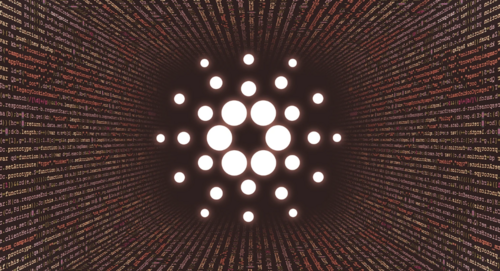

Image: Shutterstock
The five-day Cardano Vasil hard fork process begins today, which the Cardano Foundation says will improve network performance.
Cardano co-founder Charles Hoskinson has described it as the hardest update the developers have done since the project launched in 2017.
A hard fork occurs when a network's code fundamentally changes and requires the creation of a new and separate version of a blockchain. They can be, but aren't always, contentious.
For example, a hard fork occurred on the Ethereum network after the merge last week. It was an effort to preserve a proof-of-work version of Ethereum, which relies on miners to verify transactions.
But the Vasil hard fork will leverage Cardano's hard fork combinator technology, which Cardano developer Input Output said on Twitter introduces new features without losing any data from the older version of the blockchain.
Cardano Foundation CEO Frederik Gregaard told Decrypt in an email that the main benefit of the Vasil hard fork will be reduced transaction times.
"Vasil will enhance Cardano's smart contract capabilities through Plutus V2, which adds greater efficiency to an already powerful smart contract platform," he said. "Ultimately, it will reduce script execution costs and transaction size, plus improve throughput."
In other words, after the Vasil hard fork and an upgrade to the Plutus scripting language, which will be completed on September 27, it will be possible to write Cardano smart contracts with less code. That makes lower transaction fees possible because more of them can fit into each block—or batch of transactions—on the network.
It's an important development for Cardano DeFi projects like Indigo Protocol, which has been running its synthetic assets project on the Vasil testnet since July.
Indigo allows users to trade synthetic versions of assets, like TSLA stock, without actually owning them. Instead, users can buy and trade iTSLA, which is backed by TSLA shares, through Indigo.
"The Cardano fee costs incurred by Indigo users have been significantly reduced by reducing the amount of script overhead for reading data from the blockchain," the company wrote in a blog post.
